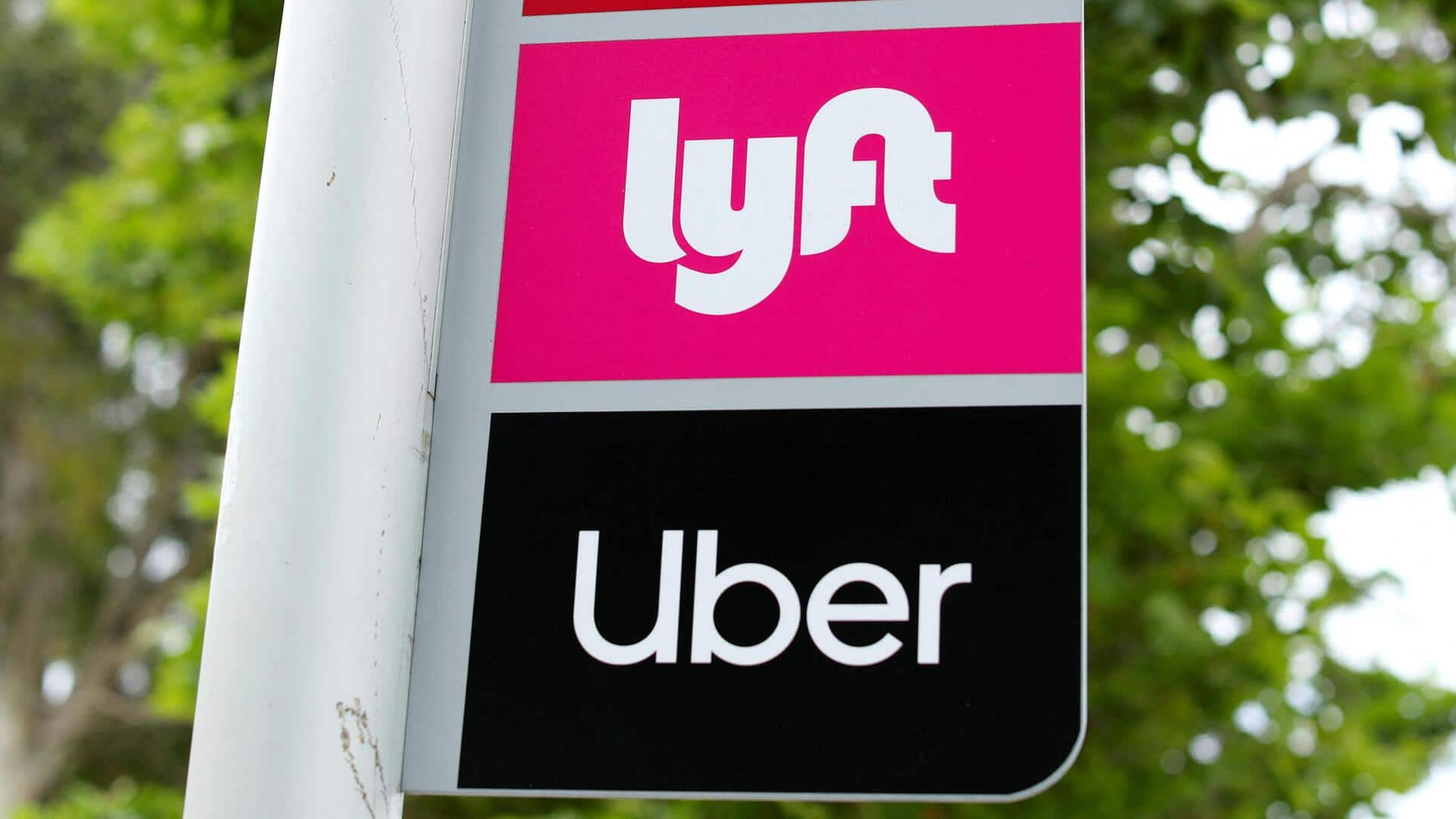
Uber, Lyft to pay $328mn in NY wage theft settlement
What's the story
Uber and Lyft have reached a settlement with the state of New York, US, agreeing to pay $328 million over allegations that they systematically underpaid drivers and denied them benefits.
This record-breaking settlement consists of $290 million from Uber and $38 million from Lyft, with over 100,000 drivers set to receive funds and associated benefits.
NY Attorney General Letitia James stated, "This settlement will ensure they finally get what they have rightfully earned and are owed under the law."
Details
Drivers to receive minimum hourly rates and paid sick leave
As a result of the settlement, drivers will be guaranteed minimum hourly wages and paid sick leave.
Additionally, they will have access to notices and in-app chat support to address inquiries about earnings and working conditions.
Drivers outside NYC will earn a minimum of $26 (around Rs. 2,164) per hour for rides and sick leave, adjusted annually for inflation.
Meanwhile, NYC drivers will be granted $17 (roughly Rs. 1,415) per hour for sick leave with inflation adjustments.
What Next?
Companies accused of deducting fees from drivers' payments
The Attorney General accused both companies of wrongfully deducting sales taxes and fees for a workers' compensation fund from drivers' earnings.
The passengers should have been responsible for those costs.
Uber's alleged infractions took place between 2014 and 2017, while Lyft's occurred from 2015 to 2017.
Both firms were also charged with denying drivers sick leave that state and New York City employees are legally entitled to receive.
Insights
Investigation stemmed from New York Taxi Workers Alliance concerns
James's office launched a multi-year investigation following concerns raised by the New York Taxi Workers Alliance.
It claims to represent approximately 21,000 yellow taxi, green cab, app-based, and corporate car drivers.
The settlement seeks to address long-standing allegations that Uber and Lyft deprived drivers, many of whom are immigrants, of pay and benefits by categorizing them as independent contractors rather than employees.